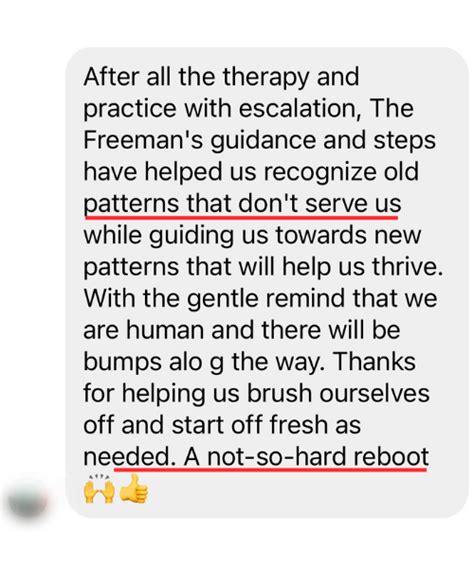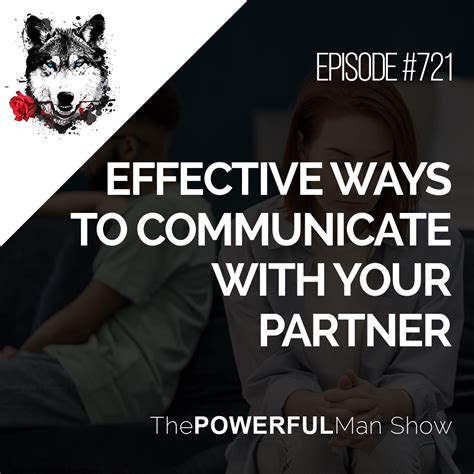Navigating Conflict: The Power of Intentional Language
Conflict is an inevitable part of any intimate relationship, but how it’s managed can either strengthen or erode the bond between partners. For men, learning specific tactical phrases can be a game-changer, transforming heated arguments into opportunities for deeper understanding and connection. This isn’t about manipulating a situation, but rather about employing conscious communication strategies that prioritize empathy, respect, and resolution.
Often, conflicts escalate not because of the core issue, but due to miscommunication, feeling unheard, or a perceived lack of validation. By arming themselves with phrases designed to de-escalate tension and foster understanding, men can create a safer space for dialogue, ensuring that both partners feel valued and respected.

Establishing Empathy and Validation
One of the most powerful ways to de-escalate a conflict is to demonstrate that you are truly listening and attempting to understand your partner’s perspective, even if you don’t fully agree with it. Validation doesn’t mean agreement; it means acknowledging their feelings and experience as real and legitimate for them.
- “I hear you saying…” or “It sounds like you’re feeling…”: These phrases show you’re actively processing their words and trying to summarize their viewpoint. It gives them a chance to correct you if you’re mistaken, ensuring you’re both on the same page.
- “I can understand why you’d feel that way.”: This simple statement is incredibly powerful. It validates their emotional experience without judgment, making them feel seen and heard.
- “My intention was [X], but I can see how it came across as [Y]. I’m sorry for that impact.”: This phrase allows you to clarify your intentions while taking responsibility for the actual impact of your actions, even if unintended. It separates intent from effect, a crucial distinction in conflict.

Seeking Clarification and Collaborative Solutions
Instead of assuming or reacting defensively, a strategic approach involves asking open-ended questions that invite your partner to share more, guiding the conversation towards resolution rather than accusation.
- “Can you help me understand more about [specific point/feeling]?”: This phrase signals genuine curiosity and a desire for deeper insight. It shifts the dynamic from argument to joint exploration.
- “What can we do to make this better/avoid this next time?”: By shifting to “we,” you signal a team approach to problem-solving. This forward-looking question focuses on solutions rather than dwelling on blame.
- “Let’s take a pause and come back to this when we’re both calmer.”: Recognizing when a conversation is unproductive and suggesting a timeout can prevent further escalation. It demonstrates self-awareness and a commitment to a constructive discussion.

Taking Responsibility and Offering Sincere Apologies
Genuine apologies are essential for repairing trust and moving past conflict. A tactical apology is specific and focuses on the impact of your actions, not just your feelings.
- “I apologize for [specific action/words] and the way it made you feel.”: Be specific about what you’re apologizing for. A vague “I’m sorry” can feel dismissive.
- “I was wrong to [action], and I’m truly sorry for the pain I caused.”: Admitting fault and acknowledging the pain you’ve inflicted is a powerful act of humility that can disarm defensiveness and open the door to forgiveness.

Fostering Future Understanding and Commitment
Beyond immediate de-escalation, some phrases reinforce your commitment to the relationship and ongoing mutual understanding.
- “I value our relationship above this conflict, and I want to make sure we resolve this in a way that works for both of us.”: This reaffirms your commitment and frames the discussion within the larger context of your partnership.
- “What do you need from me right now to feel supported/heard/understood?”: This direct question empowers your partner to articulate their needs, removing guesswork and providing an immediate path to re-connection.

Beyond Phrases: The Foundation of Active Listening
While these phrases are tactical tools, their effectiveness hinges on a foundation of active listening and genuine intention. Tactical phrases are not magic words; they are an invitation for dialogue, built on a willingness to understand, validate, and collaborate. Coupling these phrases with open body language, eye contact, and a calm tone will amplify their impact significantly. By consistently employing these communication strategies, men can transform conflict from a destructive force into a catalyst for deeper intimacy and a more resilient partnership.




